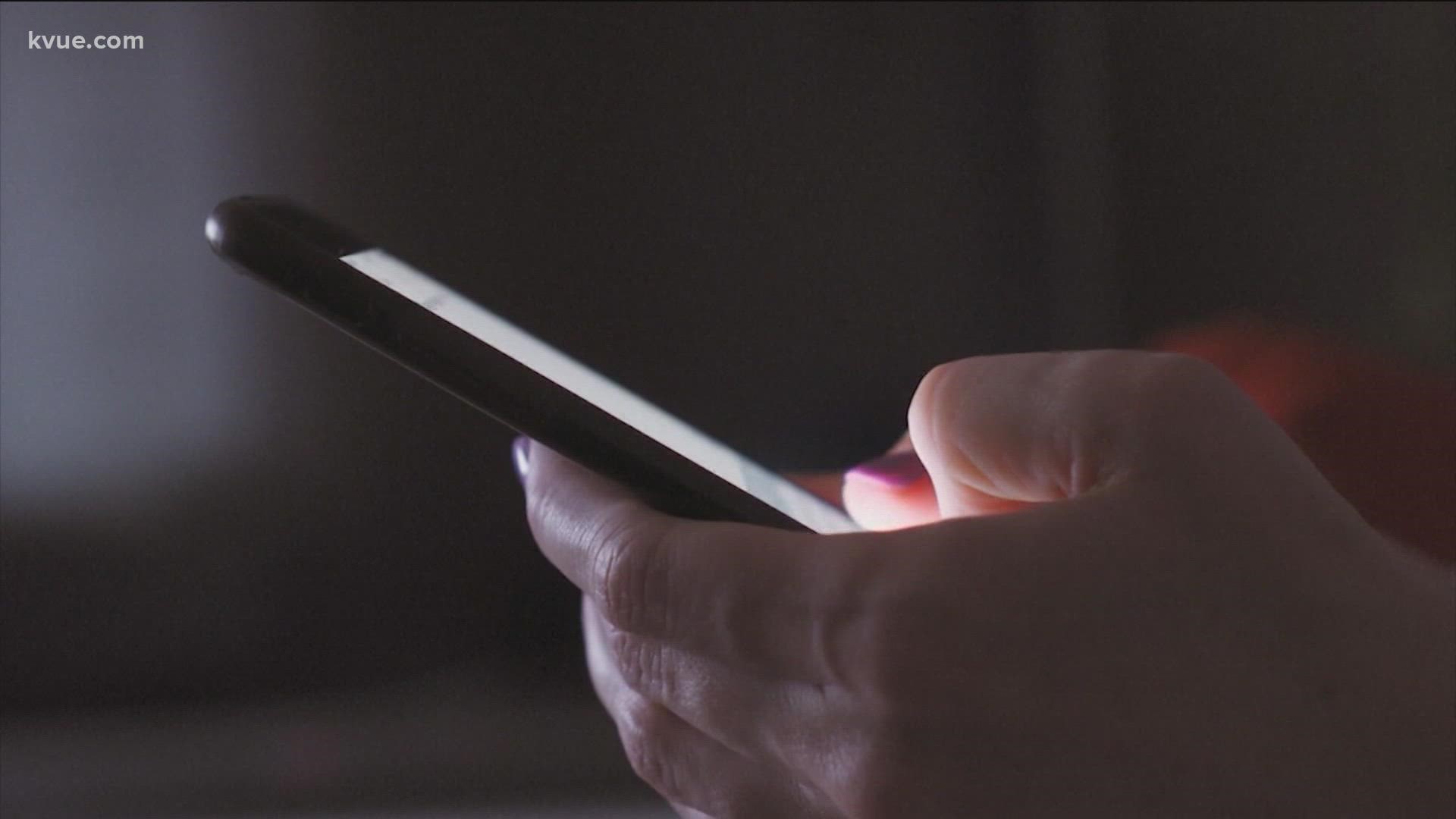AUSTIN, Texas — A federal judge blocked a Texas law restricting how social media companies manage content on their sites on Wednesday, Dec. 1, just a day before it was set to take effect.
House Bill 20 was signed into law by Gov. Greg Abbott on Sept. 9 after the legislation passed during the second special legislative section. The bill prohibits large social media platforms, meaning those with more than 50 million users, from censoring a user based on that user's "viewpoint."
Specifically, the law made it illegal to "censor a user, a user’s expression, or a user’s ability to receive the expression of another person based on: (1) the viewpoint of the user or another person; (2) the viewpoint represented in the user’s expression; or (3) a user’s geographic location in this state or any part of this state.”
HB 20 applied to sites and apps like Facebook, Instagram, Pintrest, TikTok, Twitter and other popular social media sites.
U.S. District Judge Robert Pitman, who issued the preliminary injunction on Wednesday, wrote in his ruling that social media platforms are protected by the First Amendment in exercising editorial discretion in what is on the platform. Pitman cited three rulings by the Supreme Court that suggest editorial discretion "is protected from government-compelled speech."
The judge added that the disclosure and operational requirements of the law are "inordinately burdensome given the unfathomably large numbers of posts on the sites and apps."
Pitman said that regarding the law's required public disclosures about how the platform operates, its requirement of an acceptable-use policy, a biannual transparency report, a user-complaint system and a notice-and-appeal system for content removed from the platform.
"For example, in a three-month period in 2021, YouTube removed 1.16 billion comments. Those 1.16 billion removals were not appealable, but, under HB 20, they would have to be," Pitman wrote regarding the sheer amount of content impacted social media platforms would have to manage under the new law.
Pitman also called HB 20 "prohibitively vague," for its definitions of "social media platform" and "censor," disclosure and operation requirements, and the fact that the law lets the Texas Attorney General seek an injunction for "potential violations" of the law and not just actual violations.
"Unlike other statutes that specify that the potential violation must be imminent, HB 20 includes no such qualification," Pitman wrote. "Subjecting social media platforms to suit for potential violations, without a qualification, reaches almost all content moderation decisions platforms might make, further chilling their First Amendment rights."
NetChoice and the Computer and Communications Industry filed a suit to block the law back in September. NetChoice released a statement in response to the judge's decision to grant the preliminary injunction.
“America’s judicial system protected our constitutional right to free speech today by ensuring the politically motivated Texas law does not see the light of day and force Americans everywhere to endure racial epithets, aggressive homophobia, pornographic material, beheadings or other gruesome content just to scroll online,” said Steve DelBianco, president and CEO of NetChoice.
PEOPLE ARE ALSO READING:

